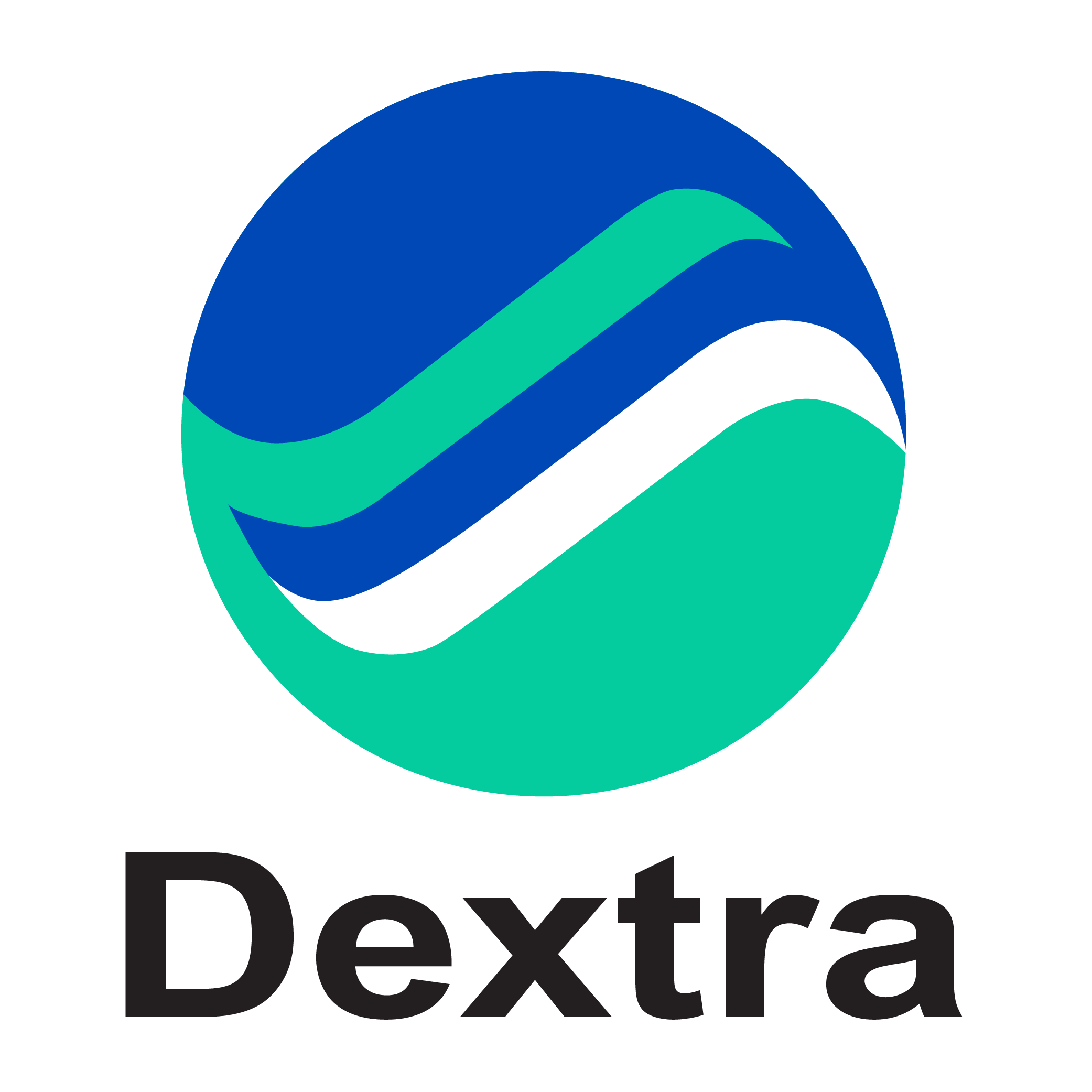Dhaka MRT Line 6
Dhaka Metro Rail is a mass rapid transit system under construction in Dhaka, the capital and busiest city of Bangladesh.
MRT Line 6 consists of 16 elevated stations, each 180 meters long, and 20.1 kilometers of electrified light rail tracks. Except for the depot and some sections of the LRT (Light Rapid Transit) that will run beside it, Line 6 will be elevated over current roadways, largely above road medians, to allow traffic to flow beneath it, with stations likewise elevated.
Dextra supplied various solutions to the project:
- 50,000 linear meters of Sonitec, an easy-to-assemble and time-saving tube solution used for CSL (crosshole sonic logging) testing of foundation piles.
- 1,000 Shear Key systems, a post-tensioning bar system that acts as a permanent seismic restrainer for the connection of elevated metro precast segments.
- More than 50,000 Bartec couplers were also used for the reinforcement of the station structures.
Line 6 construction was anticipated to be completed in 2022.













